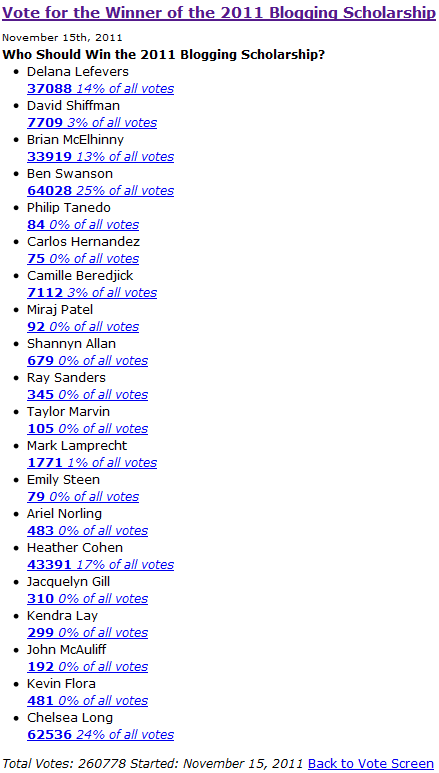How to Form a Successful Study Group in College
 Going to college and getting good grades is a challenge. The level of education you are receiving is much more advanced, more intensive, and more difficult than in high school. Often, professors give students assignments or papers due that can require a larger amount of studying. It can be hard to find the time to study, let alone do so effectively. A study group is an excellent way for students to come together and help brainstorm and learn as a group, which can increase classroom retention and productivity. In addition, study groups can help students form strong bonds and friendships.
Going to college and getting good grades is a challenge. The level of education you are receiving is much more advanced, more intensive, and more difficult than in high school. Often, professors give students assignments or papers due that can require a larger amount of studying. It can be hard to find the time to study, let alone do so effectively. A study group is an excellent way for students to come together and help brainstorm and learn as a group, which can increase classroom retention and productivity. In addition, study groups can help students form strong bonds and friendships.
Getting Started
If you are interested in starting your own study group, there are several important things to know before you do so. Ask fellow students if there is a group already formed, and if not, ask them if they’d be interested in starting one up. Remember, whether you have three people or twelve, any group is a study group, so don’t be discouraged if not all members of the class agree to participate. Once you have a few people who’d like to form the group, you will need to come up with a set day of the week and time to meet. You can meet once per week, several times per week, or on the weekends, depending on the agreed upon schedule. Keep in mind that not everyone will be able to attend every meeting, and that each person’s schedule will be different.
Staying Focused to Maximize Productivity
During the study group, it is important that everyone stay focused. The group is meant to be a time of learning where you can all share notes, ideas, and what you’ve learned, as well as help others who may be having a difficult time with certain aspects of the class. Ordering pizza or Chinese is fine, and it’s important to get to know one another, but during the study group period everyone should be on the same page and serious about the discussion. After study group, if you all want to get together and spend some time as friends separately, that’s fine, but all participants should be serious when it’s time to buckle down.
Shortcuts & Dealing With Deadlines
If you find that you’re having a hard time getting a group together, talk to your professor and ask if he or she would like to propose a group for everyone to be a part of. Often, teachers can have more influence on college students than their peers. See if they will help you ask the class about doing this, and you can even make some kind of flyer or handout if you choose to do so. During group, there are some tools you can use to help everyone learn more. Practice exam questions, flash cards, and just good old fashioned questions and answers with everyone in the group is an excellent way to become more effective. If there is a big paper due, have everyone bring their copies in before you turn them in and edit them. Each member of the group can exchange papers with another, and then critiques as well as praise can be doled out. This can go a long way towards getting a great grade on your paper.
Sorting Out Disagreements
If there happen to be any disagreements within your group, remember that you’re all working towards a common goal: passing the class and doing well. Be sure to discuss any concerns or problems openly with one another. You will be surprised at the bond you will all develop with one another over time. If a member of the group is having difficulties understanding certain things, work together as a team to try and help them out. Your contributions to each other are crucial when it comes to learning and understanding the contents of the class you’re taking. Week by week, you will notice improvements in your abilities, your knowledge, and the new things you learn. By the end of the course, you should all feel proud of your achievements as well as confident that you will get a passing grade. In addition, you will notice better note taking and listening skills as well as improvements on your writing abilities. Study groups can help you to become not only a better student, but a better person all around.
More Helpful Resources
For more information on college study groups and how you can create one, please refer to the following websites:
- How to Start a Study Group
- Peer Study Groups: Why Study with Peers?
- Success Tool Kit: How to Form a Study Group
- Group Study: Some Guidelines








